External Affairs Minister Dr S Jaishankar discussed with his Chinese counterpart Wang Yi the situation along the LAC in Eastern Ladakh and also issues related to India-China relations. They had a phone conversation yesterday which lasted 75 minutes.
Dr Jaishankar referred to the meeting with Chinese Foreign Minister in September last year in Moscow where Indian side had expressed its concern on provocative behavior and unilateral attempts of the Chinese side to alter status quo. He noted that the bilateral relations have been impacted severely over last year. The Minister said that Boundary Question may take time to resolve but disturbance of peace and tranquility including by violence, will inevitably have a damaging impact on the relationship.
He said that during their meeting in Moscow last year, both Ministers had agreed that the situation in the border areas was not in the interest of either side and decided that the border troops of both sides should continue their dialogue, quickly disengage and ease tensions. The Minister noted that the two sides had maintained continuous communication since then through both the diplomatic and military channels. This had led to progress as both sides had successfully disengaged in the Pangong Tso Lake area earlier this month.
Noting the completion of disengagement in Pangong Lake area, the Minister emphasized that both sides should now quickly resolve the remaining issues along the LAC in Eastern Ladakh. He said that once disengagement is completed at all friction points, then the two sides could also look at broader de-escalation of troops in the area and work towards restoration of peace and tranquility.
The Chinese Foreign Minister expressed satisfaction at the progress made so far. It was an important step forward for restoration of peace and tranquility in border areas. It was also necessary to sincerely implement the common understanding reached at various levels. Foreign Minister Wang Yi also noted that the Indian side had proposed ‘three mutuals’ – mutual respect, mutual sensitivity and mutual interests – as the approach to the relationship. He also agreed on the importance of taking the long view of India China ties.
Dr Jaishankar highlighted that both sides had always agreed that maintenance of peace and tranquility in border areas was essential basis for development of bilateral relations. A prolongation of the existing situation was not in the interest of either side. He said it was necessary to disengage at all friction points in order to contemplate de-escalation of forces in this sector. The two Ministers agreed to remain in touch and establish a hotline.
A Chinese Foreign Ministry statement today said that the recent disengagement of front-line Chinese and Indian forces in the Pangong Lake area has clearly eased the situation on the ground. The statement over the telephonic conversation between External Affairs Minister Dr.S. Jaishankar and his Chinese Counterpart Wang Yi also said that both sides have agreed to establish a hotline for better communication and to exchange opinions in a timely manner.
The statement said, it is necessary to uphold the strategic consensus reached by the leaders of the two countries, firmly follow the path of mutual trust and cooperation between neighboring powers. It added that border disputes are an objective reality and should be given sufficient attention and taken seriously. However, border issues are not the whole of China-India relations and should be placed in an appropriate position in bilateral relations.
Both the leaders spoke over phone yesterday for about 75 minutes. This was the first formal contact between both the foreign ministers since they met on the margins of the Shanghai Cooperation Organisation (SCO) meeting in Moscow on September 10 last year, and it came days after India and China completed first phase of troops disengagement around Pangong Lake. Both the sides have completed 10th round of Corps Commander level talks on 20th February but no breakthrough has yet been announced on the disengagement in other areas as agreed in the Moscow agreement.
Meanwhile, Chinese Foreign Minister Wang Yi, during his telephonic conversation with India’s counterpart has said that India and China should jointly consolidate the existing outcomes, maintain the momentum of consultation and improve the border control mechanism. They should also advance the border negotiation process, continue to accumulate and enhance mutual trust, further ease the situation and achieve peace and tranquility in the border area.


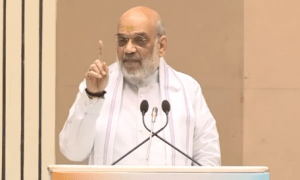





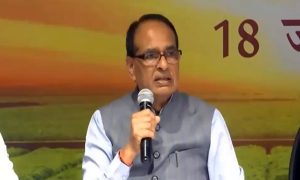







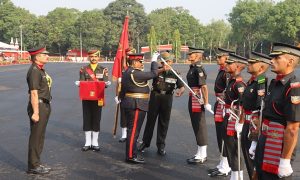

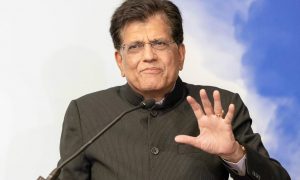

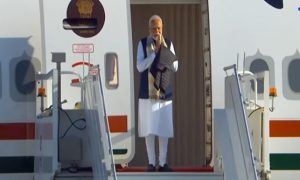

 WhatsApp us
WhatsApp us